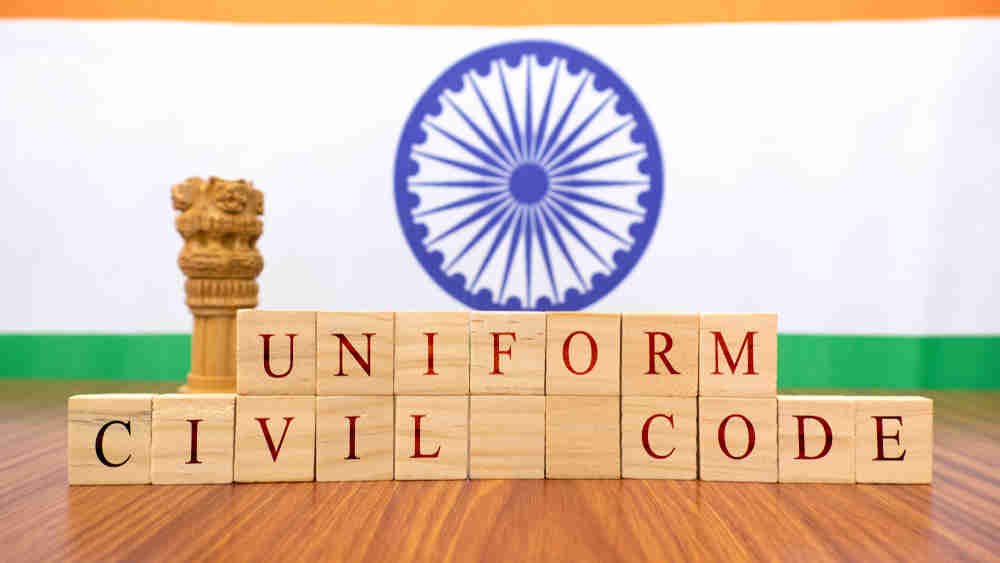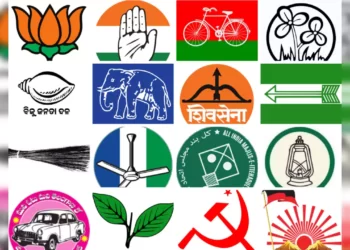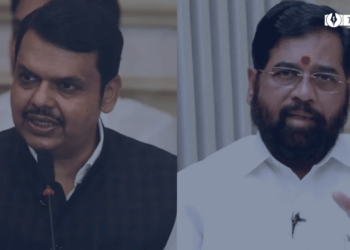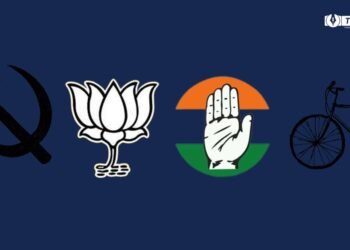[ad_1]
State Polls 2022 has brought back the debate around Uniform Civil Code (UCC) in the country. Uttarakhand CM Pushkar Singh Dhami promised on the last day of campaigning that if BJP is re-elected in the state, it will bring UCC into the state.
After the Hijab Row in Karnataka, many people believe that a Uniform Civil Code can bring a viable solution to the issue. The issue has just put political players in a series of debates and the careers of young women at risk by combining education and religion in a conflicting situation. When the debate on wearing Hijab began, it quickly brought in the cross-debate on other religions and their practices highlighting the need for equal regulation in our secular country.
What is the Uniform Civil Code?
Uniform Civil code is a proposal to frame and implement secular personal laws that apply to all citizens irrespective of their religion. Personal laws cover marriage, divorce, inheritance, adoption, and maintenance regulations.

As of now, the personal laws of different communities are governed by their respective religious scriptures. It implies that every citizen and their respective Civil matters are treated differently as per the law. However, it goes against the principle of equality before the law
History of Uniform Civil Code in India:
The debate around UCC can be divided into 3 parts, the first can be the British-rule era, the second can be the Nehruvian -Congress government and the present era of the BJP government.
The British Rule era: The Britishers were only concerned about revenue and crime. They wanted maximum revenue under its governance that went to the government in the UK. At the same time, they introduced criminal laws to maintain law and order and curb revolts against them. The matter of personal laws was left to the Hindus and Muslim communities themselves to decide upon their respective laws.
The Nehruvian-Congress Era: When India became free and the constitution came into force, it was expected that the government would UCC in the secular nation. However, Hindu personal law was replaced with the Hindu Civil code by the Nehru government. On the other hand, Muslims and other minorities were allowed to continue personal laws formulated by their community leaders. The opposition strongly criticized the move by the Nehru Government.

Moreover, the then President Dr Rajendra Prasad opposed the Hindu code bill and even refused to sign it. The issue became a cause of conflict between Prime Minister Jawaharlal Nehru and President Dr Rajendra Prasad. But, PM Nehru did not pay heed to the critics because he believed that the Muslims were not ready for a UCC, particularly after the partition.
Present BJP government Era: BJP has always expressed that it is in favour of UCC. However, after forming the government it has not prioritized the issue. Now, the Hijab row has again brought forward the demand for UCC in India to avoid religious conflicts and maintain communal harmony.
Importance of Shah Bano case in UCC:
There have been consistent cases of conflicts between secular and religious authorities regarding UCC until 1985. The Shah Bano case in 1985 was significant in many ways. Shah Bano was a 73-year-old woman who demanded money maintenance from her husband Muhammad Ahmad Khan after he divorced her by Triple Talaq 40 years after their marriage. He denied her regular maintenance and this sort of unilateral divorce that creates discrimination against women is a part of Muslim personal law. The local court gave a verdict to grant maintenance but Muhammad Ahmad Khan was a lawyer so he moved to the Supreme Court against the verdict.

However, the Supreme Court gave a verdict in the favor of Shah Bano under section 125. Section 125 involves the provision for maintenance of wives, children and parents in the All India criminal code. It is applied to all citizens despite their religions. Also, the top court in its verdict suggested the government set up a uniform Civil court. The issue became a major debate in the political sphere and the Congress party lost state elections in 1985 when it supported the Supreme court’s decision but later reversed its stand.
Article 44 of the Indian Constitution:
The Indian Constitution came into effect on January 26, 1950. Article 44 of the Indian Constitution mandates a Uniform Civil Code. It states, “The State shall endeavour to secure for the citizens a uniform civil code throughout the territory of India.” However, the Indian government is still left to frame and enforce a uniform civil code. The only exception is the state of Goa because even after the annexation of the state, the Portuguese Civil code of 1867 was not modified. So, it applies to all the residents of Goa irrespective of their religion.
The way forward
The Hijab row is still in the courts and the final decision is left to come. However, if BJP wins Uttarakhand and tries to fulfil its promise of implementing a Uniform Civil code it will probably set up a separate law reform committee for different religions. For instance, it might set up a Muslim law reform committee, Christian law reforms committee etc like a Hindu law reforms committee was set up in 1941. Based on their suggestions and report further framing process will be done. It is important to make sure that any kind of Uniform Civil Code in future must be an equal and just Civil code for all religions in a secular nation like India.
Also Checkout: Listening to the various intentions at the core of hijab controversy
[ad_2]
Source link









